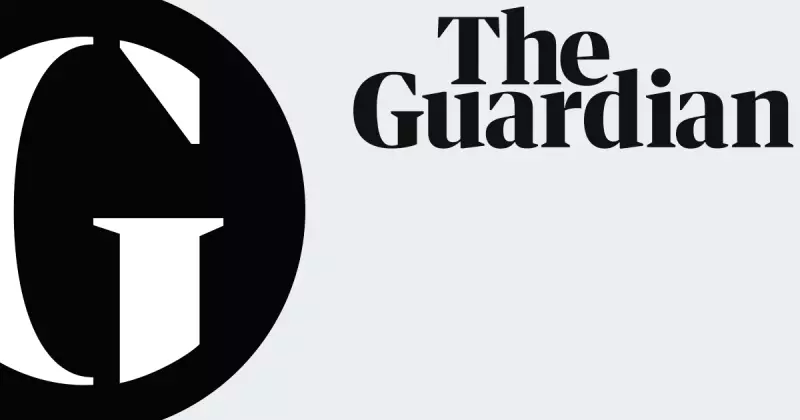
For centuries, humans have searched for the perfect lie detector - that magical ability to see through deception and uncover the truth. Now, cutting-edge psychological research is revealing why most of us are terrible at spotting liars, and what we can actually do to improve.
The Deception Paradox: Why Your Gut Is Probably Wrong
Contrary to popular belief, most people perform no better than chance when trying to detect lies. The common assumptions about deception - shifty eyes, nervous fidgeting, hesitation - are largely myths that actually hinder our ability to spot dishonesty.
"We're trapped by cultural stereotypes about how liars behave," explains leading deception researcher Professor Tim Levine. "These misconceptions blind us to the real, more subtle indicators of deception."
The Science Behind Successful Lie Detection
Research reveals that the most effective lie detectors use counter-intuitive approaches:
- Focus on verbal consistency rather than body language
- Listen for strategic details that feel too perfect
- Watch for emotional mismatches between words and tone
- Establish baseline behaviour to spot deviations
Practical Techniques You Can Use Today
Instead of searching for the mythical "pinocchio effect," experts recommend these evidence-based strategies:
- Ask unexpected questions that disrupt prepared stories
- Listen for strategic self-corrections that feel rehearsed
- Pay attention to contextual appropriateness of emotional responses
- Look for lack of perceptual details in complex stories
The research suggests that with proper training and awareness, anyone can significantly improve their ability to detect deception in both personal and professional relationships.
Beyond the Polygraph: The Future of Truth Detection
As technology advances, new tools are emerging that combine psychological principles with AI analysis. However, experts caution that the human element remains crucial, and understanding the psychology of deception is more valuable than any machine.
"The most important lesson," says one researcher, "is that deception detection isn't about catching people in lies, but about creating environments where truth can flourish."





